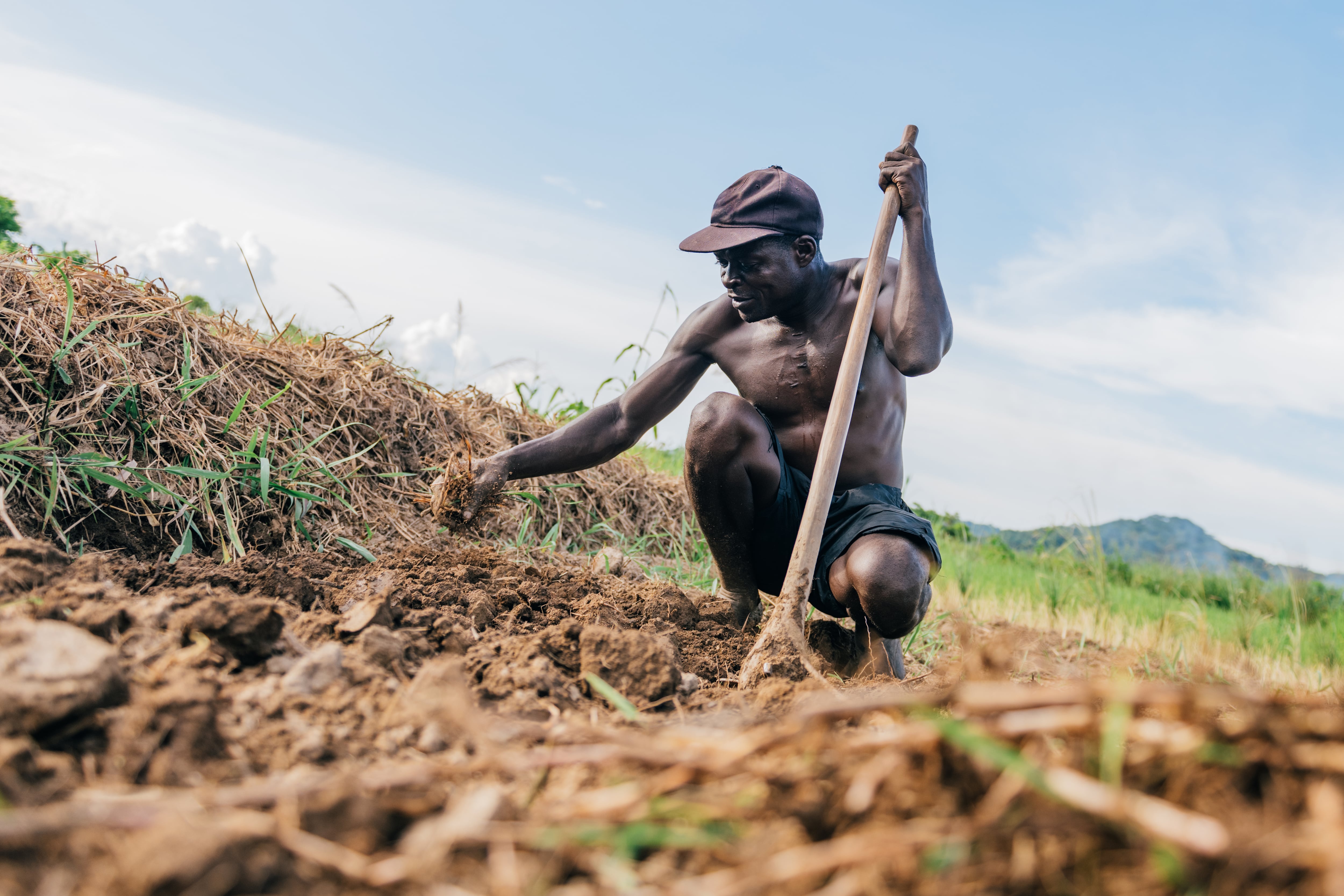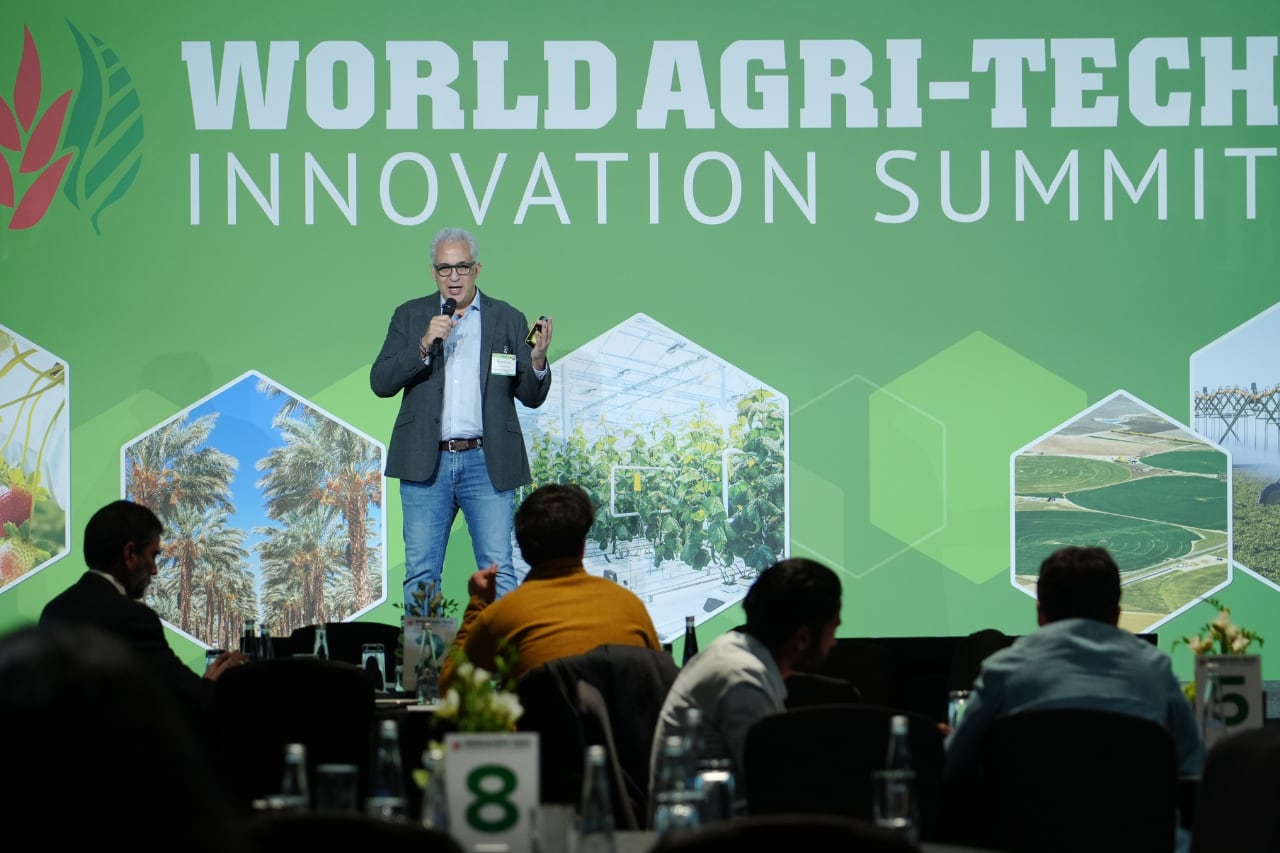Over 1.5 million smallholder farmers in Africa are set to benefit from a $14 million investment into the African Development Bank, marking the first deployment from the Global Agriculture and Food Security Program’s (GAFSP) new Business Investment Financing Track (BIFT). The initiative is designed to unlock over $200 million in private sector lending for agribusinesses and start-ups in Ethiopia, Uganda, Tanzania, Malawi, and Zambia.
A new model to de-risk agri-food lending
Launched in 2024, BIFT blends GAFSP donor grants and concessional finance with funding from multilateral development banks to reduce the perceived risk of lending to smallholder farmers and early-stage agribusinesses.
“This first allocation demonstrates the appetite for funders to work together in this new model to solve an age-old challenge of finance for smallholder farmers: risk,” said Natasha Hayward, program manager for GAFSP. “Every program dollar will leverage many more in private investment, multiplying the positive impact on food security and resilience to rising temperatures and unpredictable weather patterns.”
Strengthening the agrifood value chain
The facility will support over 1.5 million farmers and 500 intermediary agro-dealers and cooperatives, expanding access to certified seeds, organic fertilisers, mechanization, and other inputs critical to climate resilience.
“By targeting agro-input dealers and smallholder farmers, this facility intends to strengthen the entire value chain, from input supply to market access,” said Philip Boahen, lead for partnerships and coordination at the African Development Bank Group. “With the establishment of the Agro Inputs Risk Sharing Facility, we are planting the seeds of a more food secure Africa.”
AgriConnect: A shared vision for food system transformation
Hayward told AgTechNavigator that GAFSP’s work aligns closely with the World Bank Group’s AgriConnect program, which aims to reshape agribusiness through infrastructure, skills, regulatory reform, and risk tools. AgriConnect has pledged to double financing to $9 billion annually and mobilize an additional $5 billion.
Though not formally part of AgriConnect’s commitments, the BIFT initiative is “a perfect example of catalytic, risk-reducing finance that unlocks private sector investment in smallholder farmers,” Hayward said.
Cautious investor optimism
Hossam Allam, managing artner of the Climate Resilient Africa Fund (CRAF), an investment fund supporting early-stage African food and agriculture start-ups, welcomed the initiative: “AgriConnect is an exciting development that, if allocated wisely, can trigger a cascading of positive impact across smallholder farmers.”
He emphasized the transformative potential of credit access: “Freer flowing credit could see a drive towards improving harvests and with it, steadily growing resilience to some of the biggest risks that farmers face: crop disease and weather shocks.”
But Allam cautioned that mainstreaming smallholder lending remains a challenge. “One of our worries, however, is who will provide credit beyond AgriConnect? It is difficult to see large commercial lenders mainstreaming millions of fragmented smallholder farmers as a new, growth area for their lending businesses. Even with derisking by the World Bank there is significant work to be done to educate and adapt national level policies so that banks want to lend to the agricultural sector.”





